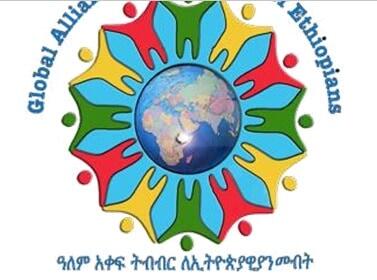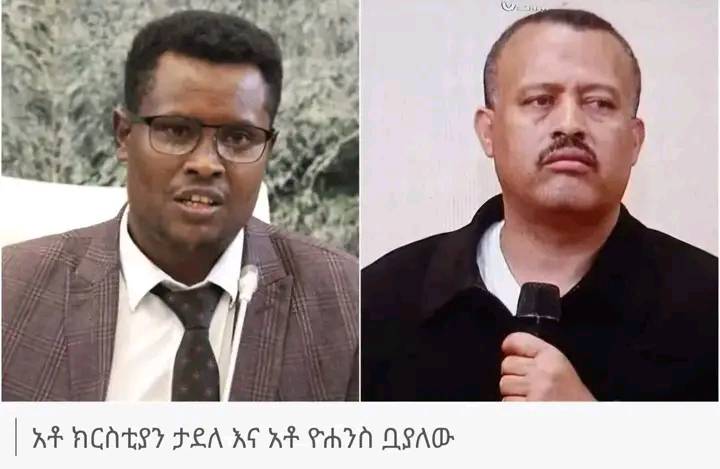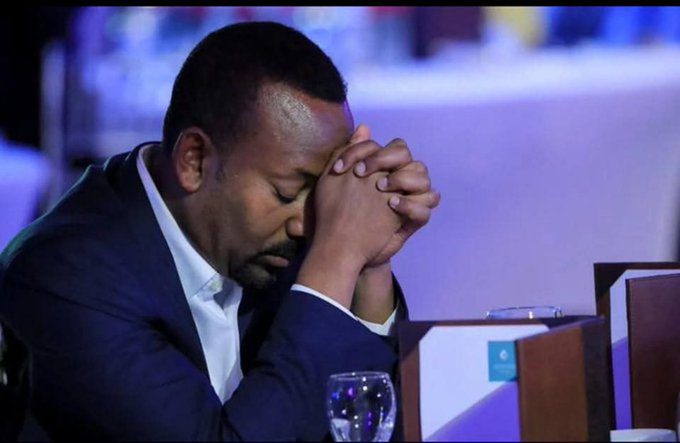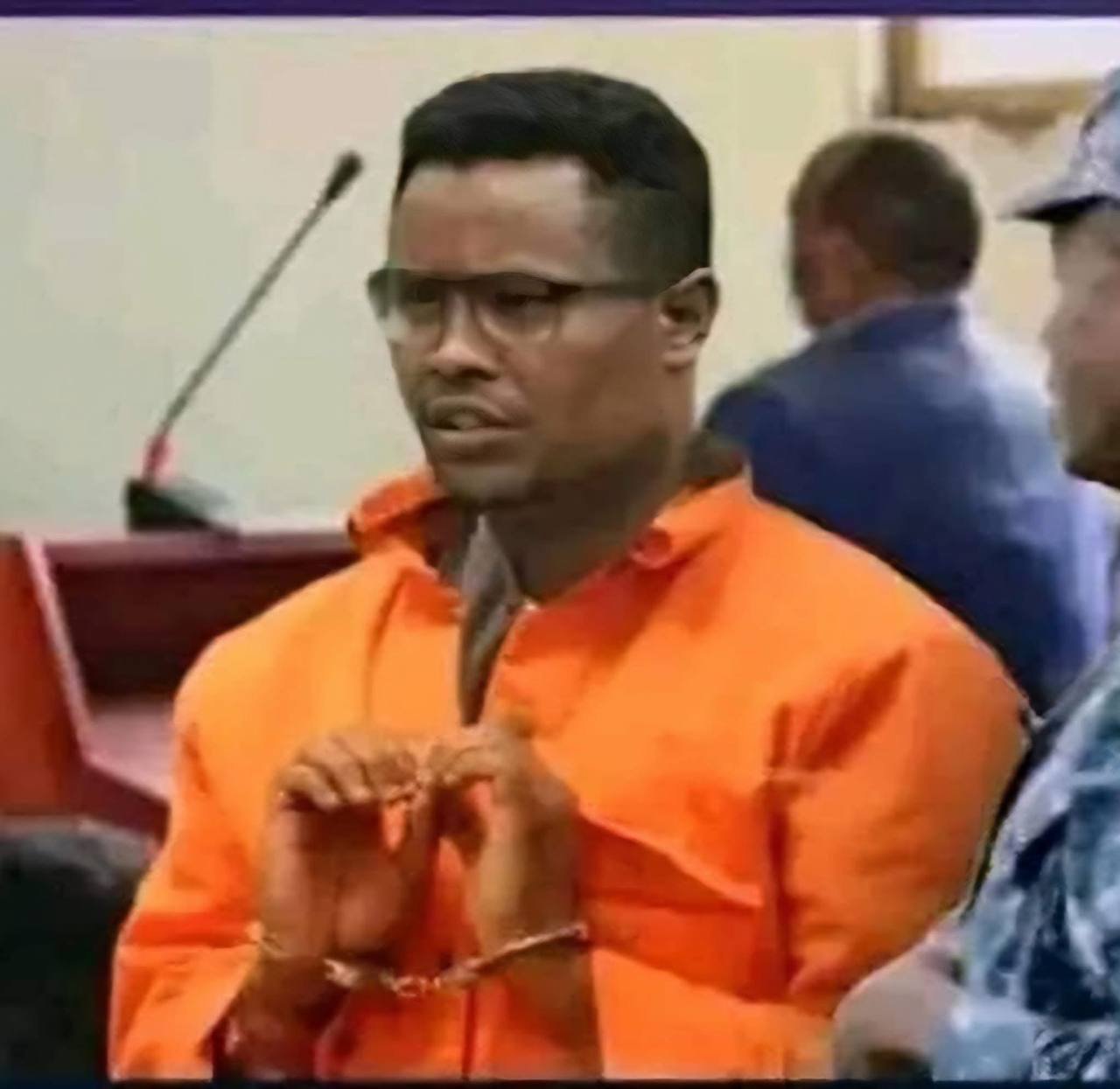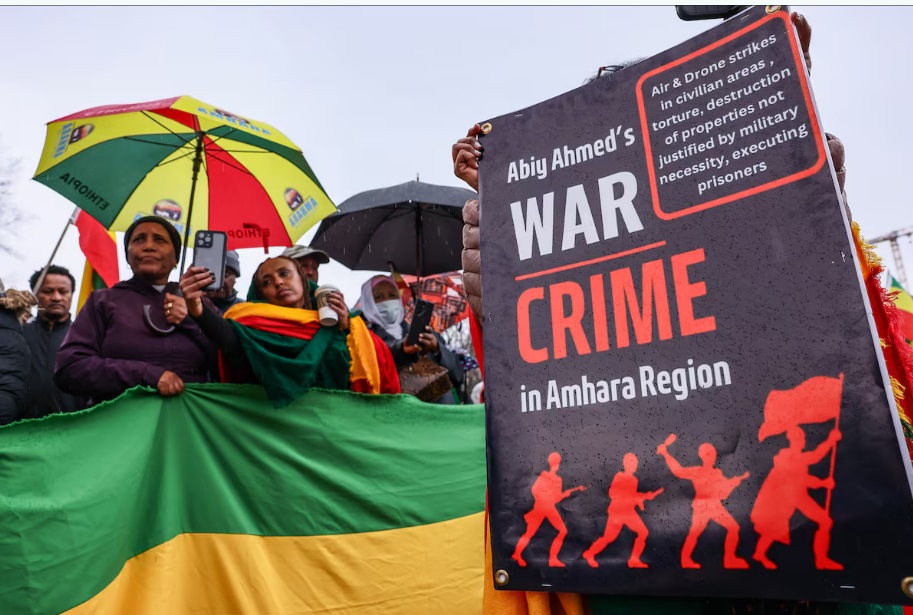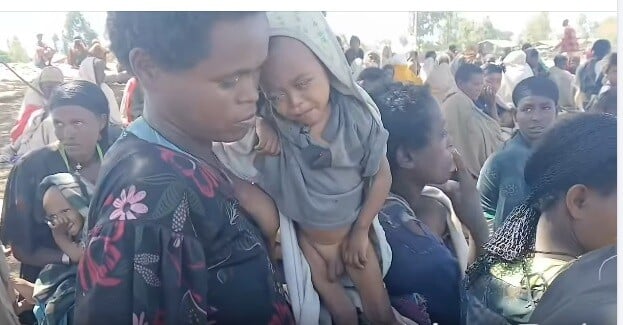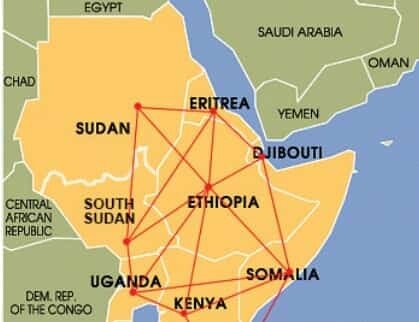 By Dr. Suleiman Walhad
By Dr. Suleiman Walhad
July 12th, 2023
When a nation or a region needs to develop, it must first identify itself as lagging behind others and why it is lagging behind, and it embarks on a deliberate program and implements strategies for moving itself forward in the scale of development in terms of social welfare, infrastructural development, educational and health services development, science and solution-oriented thinking processes. Indeed, it does not spend its valuable time, energies, resources, and efforts lamenting on what could have been and what others are doing to it.
When hungry, any population would reduce the amount of its food intake instead of begging others and embarks on improving its food production through a deliberate program. When they have no equipment to carry out projects be it small or large, they use their physical prowess. They use their shoulders, legs, and arms and, indeed, muscles. The nation or region embarks on training and educating its people with a goal of making them able to become more skilled and do jobs that they could not imagine before.
The world is small and there is no need to reinvent many things or how to make new processes and methodologies. All one needs is to learn and borrow the ideas of others and how they do things, starting with the possibilities and moving on to more sophisticated processes as the region advances. A regional approach, indeed, emphasizes and considers the interdependencies both economic and social among the regional member states and sustainable usage of the resources both natural and otherwise, available to the region.
The Horn of Africa States is fortunately placed in a geostrategic location which many major powers and/or regional powers covet and, indeed, use. It overlooks one of the main shipping lanes of the world through which major cargoes of all types are carried from one source to other destinations. It is also the source of the Blue Nile, a major tributary of the Great River Nile, which had left its mark on human history from time immemorable, and which still continues to provide freshwater to millions of people in Northeast Africa. The region also owns a large, indeed, the largest maritime free economic exploitation zone in the African continent.
The region should, for once, stand back and stare at the resources at its disposal, which remain unexploited and/or underexploited – the large youthful population which find themselves destitute and then embark on running away to distant lands and countries, many dying on the way, the large agricultural lands and the equally large animal populations, the above soil and sub soil wealth, the large potential blue economy and, indeed, just simply the location. Why are the people who have the reins of power in the region not looking at these possibilities and many more?
When I was growing up, I used to hear from my father, a teacher himself and others, that those who want to move upwards, burn the midnights lamps. A poor region that just sleeps off its problems, in our view does not go anywhere and remains at other nation’s mercies and always keeps begging others in the survival process. Sometimes they would receive crumps and sometimes nothing.
The Horn of Africa States region requires a complete revisit of its attitudes towards itself and its possibilities. It needs to identify and exploit its unique possibilities such as major ports on its long coastal belt, growing its grains, even with its oxen and bare hands, as it used to do, in the past and use its livestock and fish stock to provide its meat requirements. These are all possibilities which the politicians of the region need to compete over on who can provide more instead of the tribal/clan identity, which feed not the clan or the politician, for that matter.
The region had a natural division of labor in the past, the mainly agricultural highlands and the mainly pastoral lowlands with the industry of fishing limited to the massive coastal belt of the region, which helped it trade with the worlds of those bygone days.
Our direct experiences in distraught Somalia during the past three decades has taught us that it is only us who can help ourselves. In Awdal region of the country, we embarked on an educational platform through the establishment of the first community-owned University in the country and the world, indeed. Amoud University in Borama, became a beacon of hope for many of the youth of the region and, indeed, many Somalis, whence primary and high school education was rekindled. This was followed by our embarkation of building infrastructures such as paved roads and hospitals. Borama, a small town that was insignificant in the scale of Somali townships out of the blue became one of the major cities of the country attracting a large number of Somalis, and many others from Ethiopia and Djibouti.
Improved healthcare systems and education in the region from primary to higher institutions of learning and upgrading infrastructures were the driving force of the change. This was accompanied by the discontinuation and closure of the refugee/displaced camps that were set on the Ethiopian side of the border to accommodate people who were running away from the chaos in Somalia in the early nineties. These were disastrous centers that moved people away from working on their farms and their traditional agricultural production. Upon closure of these camps, people started to produce again their own foods, mostly wheat, millet and corn and other grains in the region.
What moves people is, indeed, a will to change one’s lot. No one is going to change the lot of the Horn of Africa States if it does not change itself and for the better, moving away from the senseless tribal/clan competition for power and hence the meagre resources of government received through its low tax base and grants and aid received through begging bowls. Even the supposed tribe/clan does not receive the expected bounties except for the few who end up becoming the leaders through the tribe/clan mechanism.
The region should start working on its healthcare, education and decent infrastructures. It should be able to produce its own foods, retaining most of the rainwaters for food production. Todate, we know most waters run off, which keeps the region thirsty and dry most of the time. Building small dams on many of the small streams of the region would help retain substantial waters for both irrigation and other needs of the populations. There would be no need for the World Food Program and the United Nations Organization to call for help for the starving Horn of Africa population.
The region should be investing in these and other adoptable technologies to develop itself. This would unlock many possibilities for the region, vital for its economic growth and competitiveness. There are a number of issues that the region can embark on with ease, should there be a will and determination, and all are achievable. They include among others the following:
Full exploitation of its strategic location, which not only helps intra-regional connectivity but also connectivity of the world in terms of air, sea, and land. Note the region represents where humankind first crossed from Africa to other continents. That has not changed as it still connects Europe, Asia and Africa and indeed the continents beyond.
The region owns natural resources, some of them obvious such as the Blue Nile and the coastal belt but also other natural resources such vast agricultural lands and sub-soil wealth, a large livestock population and rich maritime resources including long and beautiful white beaches available year-round.
The region owns a large youthful population of some 157 million, 70% of which are below the age of 25, adoptable and trainable for any skill. They also represent a large market for finished products from within the region and from without.
The region needs to embark on a major campaign to attract the global rivers of money looking for opportunities of investment possibilities. They can attract these rivers through tax incentives, strong legal infrastructures, retraining of its politicians away from the tribe and towards regional promotion, and indeed the will to change for the better.



